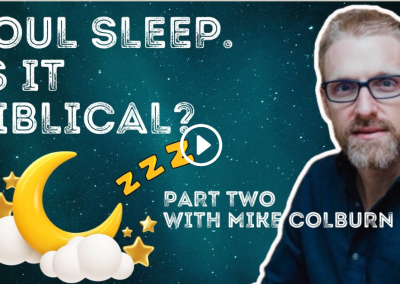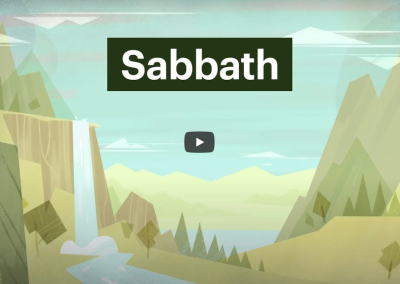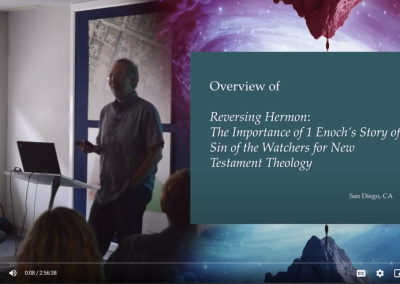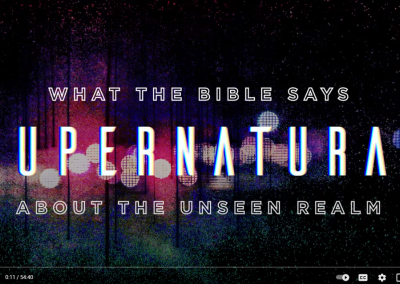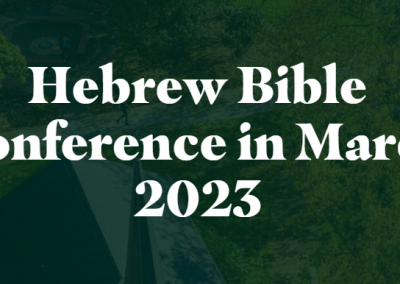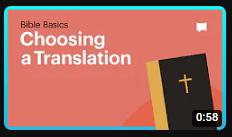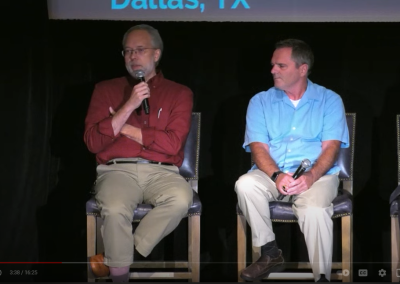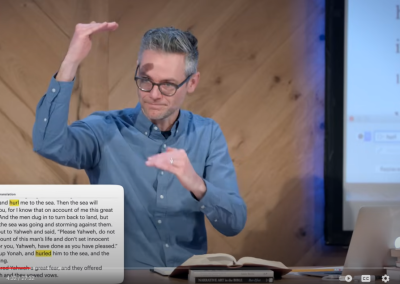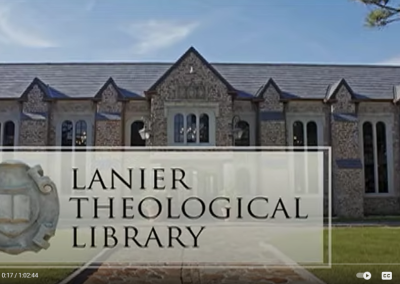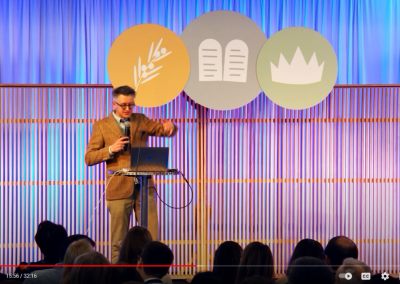Discover Your Next Great Read
Welcome To

Explore a curated selection of books that delve deep into biblical studies while holding Scripture in high regard. Find your next favorite read today!
Your Ultimate Book Resource
Dive into a World of Knowledge
Featured Books
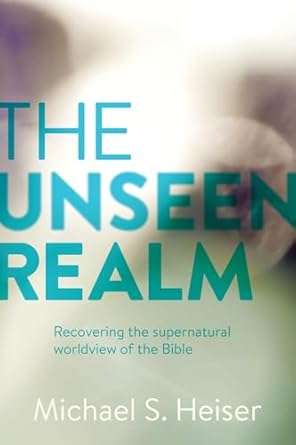
The Unseen Realm: Recovering the supernatural worldview of the Bible
By Dr. Michael S. Heiser
The Unseen Realm explores the ancient worldview of the Bible, emphasizing the significance of the divine council and spiritual beings in understanding biblical narratives. He argues that many biblical passages take on new meaning when read through the lens of this supernatural perspective, revealing a complex spiritual world that interacts with humanity. Heiser’s work challenges traditional interpretations and encourages readers to reconsider how they understand key themes in Scripture.
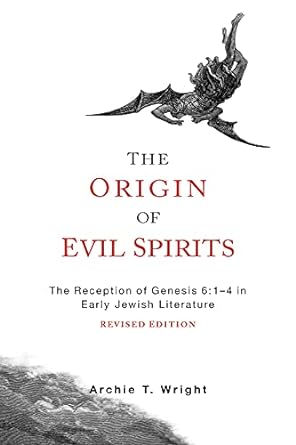
The Origin of Evil Spirits: The Reception of Genesis 6:1-4 in Early Jewish Literature
By Archie T. Wright
The Origin of Evil Spirits examines how early Jewish literature interpreted Genesis 6:1-4, particularly the story of the “sons of God” and the Nephilim, as a foundational narrative for understanding the origin of evil spirits. He explores how this passage was developed in texts like 1 Enoch, Jubilees, and other Second Temple writings, linking the fall of the Watchers with the proliferation of evil in the world. Wright’s work highlights the influence of these interpretations on later Jewish and Christian thought regarding the nature of evil.
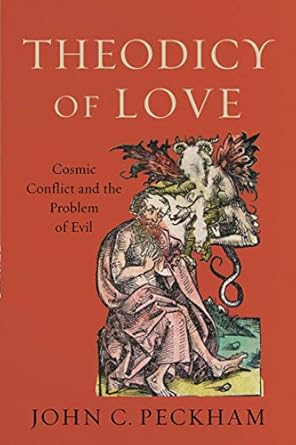
Theodicy of Love: Cosmic Conflict and the Problem of Evil
By John C. Peckham
Theodicy of Love presents a framework for understanding the problem of evil through the lens of cosmic conflict and divine love. He argues that God’s love is central to the existence of free will, which inherently allows for the possibility of evil, but also affirms God’s commitment to ultimate justice and restoration. Peckham’s work offers a balanced approach to theodicy, emphasizing both the seriousness of evil and the hope found in God’s loving and redemptive plan.
What Our Readers Say
★★★★★
‘The Thinking Cup has been an invaluable resource in my Bible study journey. The book recommendations are top-notch!’

Jane Doe
Bible Study Enthusiast
★★★★★
‘I love the variety of books available. The devotionals have really helped me stay focused and inspired.’

John Smith
Devotional Reader
★★★★★
‘The Thinking Cup combines my love for coffee and Bible study perfectly. The coffee table books are a great addition to my home.’

Emily Johnson
Coffee Lover
From Our Blog
From Babylon to Maccabees: Rethinking the Origins of the Book of Daniel
I recognize that Daniel exists in two primary versions: the Hebrew/Aramaic text found in the Masoretic tradition, and the expanded Greek versions (Septuagint and Theodotion) containing four significant Additions. These Additions—the Prayer of Azariah, the Song of the...
Bibliology – Doctrinal Synthesis Paper
ST5101 DOCTRINAL SYNTHESIS PAPER___________________A PaperPresented toDr. Glenn R. KreiderDallas Theological Seminary___________________In Partial Fulfillmentof the Requirements for the CourseST5101 Theological Method and Bibliology___________________ByMichael Allen...
🔥 UNPOPULAR OPINION: What if we’ve (SDA’s) been reading Daniel all wrong? 🔥
The Seventh-day Adventist church has built entire doctrines around the "little horn" in Daniel 8 being Rome/papacy... but what if the evidence actually points to Antiochus IV Epiphanes all along? 🤔Think about it: 📍 The vision explicitly says it concerns the "time of...
001 – Will a Man Rob God?
Welcome to Academic Article Monday!Picture this: You're sitting in church on a Sunday morning when the pastor steps up to the pulpit with that particular gleam in his eye. You know what's coming. The offering envelope in your hand suddenly feels heavier as the...
What is My Methodological Approach to Studying the Bible?
This question was asked in my last ThM (Master of Theology) exam at DTS (Dallas Theological Seminary). I want to share my official write-up so that those following understand where I'm coming from as I interpret Scripture.My Methodological Approach to Bible Study:My...
Revelation 10 and the Man Clothed in Linen
Dive into Revelation 10 with me as we explore one of the most intriguing interludes in the Apocalypse—stopping right at the Ezekiel scroll scene. We’ll unpack the identity of the “mighty angel,” the echoes of Old Testament theophanies, and how John weaves deep...
Stay Updated with Our Latest Book Additions!
Subscribe to our newsletter and be the first to know about new book releases, exclusive resources, and special offers. Join our community of avid readers and deepen your Biblical studies with the latest materials.




